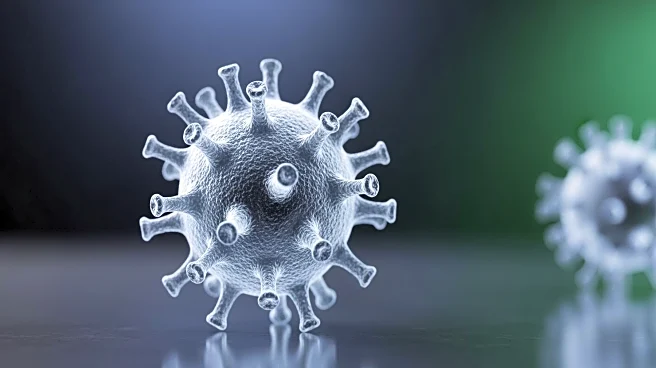Rapid Read • 8 min read
A team of European researchers has utilized advanced artificial intelligence tools to explore the genetic origins of Papua New Guineans. The study, published in Nature Communications, reveals that Papua New Guineans share a common ancestry with other Asian populations, stemming from the same Out of Africa event that led to the emergence of non-African groups. Despite their distinct physical appearance, which resembles Sub-Saharan African populations, genetic analysis indicates a closer link to Asian groups. The research challenges previous theories suggesting a separate migration path for Papua New Guineans, known as the First Out of Africa hypothesis. The study also highlights the presence of Denisovan DNA in the Papua New Guinean genome, suggesting historical interbreeding with this ancient hominin group.
AD
The findings have significant implications for understanding human migration patterns and the genetic diversity of populations in Oceania. By clarifying the genetic origins of Papua New Guineans, the study contributes to broader discussions on human evolution and migration. The use of AI in genetic research represents a technological advancement that could lead to more precise insights into human ancestry. This research may influence future studies on genetic adaptation and evolution, particularly in tropical climates. Additionally, the study's findings could impact cultural and historical narratives within Papua New Guinea, as it provides a scientific basis for understanding the population's unique genetic makeup.
Further research is needed to explore the evolutionary adaptations that have shaped the physical characteristics of Papua New Guineans. Scientists may continue to investigate the role of natural selection in these adaptations, as well as the impact of historical population bottlenecks. The study opens avenues for more detailed genomic analyses using AI, potentially leading to discoveries about other populations with complex genetic histories. Researchers may also focus on the implications of Denisovan DNA in the Papua New Guinean genome, examining how this genetic inheritance affects health and disease susceptibility.
The study raises ethical considerations regarding the use of AI in genetic research, particularly in terms of data privacy and consent. It also highlights the cultural significance of genetic research in understanding identity and heritage. The findings may prompt discussions on the preservation of indigenous knowledge and the integration of scientific insights into cultural narratives.
AD
More Stories You Might Enjoy











